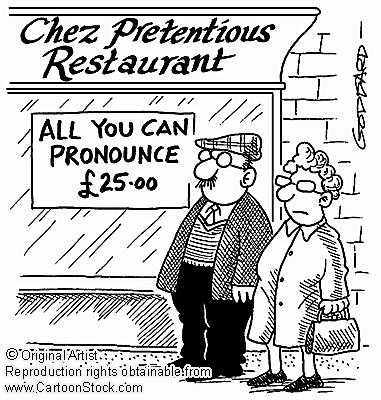Lately I’ve stumbling about how to say 2010. If you think for a while you’ll see that ,so far, we have been saying 1900 as nineteen hundred and 1908 as nineteen oh eight or eighteen hundred and eight.
The question, then, is: if the year 1800 is eighteen hundred, how do you account for the year 2000 being two thousand and not twenty hundred? (Ok, let’s say that some people say twenty hundred but the vast majority don’t and we’re certainly sticking with the majority,)
So, what about 2010? Even though it is coming soon, it is still somewhat unclear whether the English speaking world will tend to call it twenty ten or two thousand ten.
I’ve done some research and found that people say different things:2010= twenty ten
2010= two thousand (and) ten
2010 = oh ten
Some of the people favouring twenty ten argue that it sounds more natural and others even say that people are lazy so, as twenty ten has only three syllables, this is certainly the favourite one.But let’s see what the experts have to say: According to David Crystal, author of the Cambridge Encyclopedia of the English Language, the change of pronunciation to “twenty X” will occur in 2011, as “twenty eleven”, explaining that the way people pronounce years depends on rhythm, rather than logic. Crystal claims that the rhythm or “flow” of “two thousand (and) ten”, beats that of “twenty ten”, but the flow of “twenty eleven” beats “two thousand (and) eleven”.Alternatively, Ian Brookes, editor-in-chief of Chambers Dictionary, suggests the change will occur in 2013 (as 2012 is often referred to as “two thousand and twelve”).
It seems we’ll have to wait and see.
Related Entries:
The English language does not have a Real Academia de la Lengua
¿Du yu espic inglish?
Córcholis or it is raining cats and dogs
False friends: embarrassed or embarazada?


 Are you learning Old-Fashioned English?
Are you learning Old-Fashioned English? 